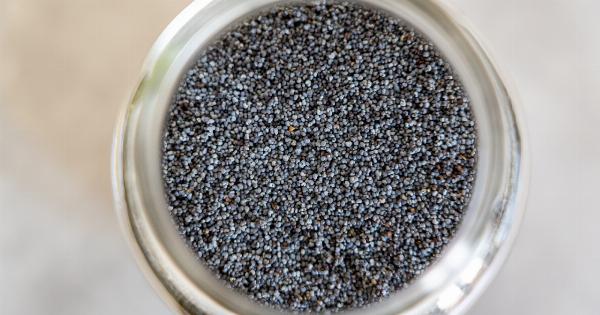When it comes to healthy eating, it can be challenging to navigate all the different dietary requirements and recommendations. While some experts advocate for a high-protein diet, others tout the benefits of a fiber-rich meal plan.
So, which is more important, and where should you direct your attention?.
What Is Protein?
Protein is a macronutrient that your body needs to build and repair muscle tissue, maintain healthy bones, and support a robust immune system.
It is essential for the production of enzymes, hormones, and other vital chemicals that your body needs to function correctly.
Protein can be found in a variety of foods, including meat, poultry, fish, beans, nuts, and soy products. Different sources of protein provide different types of amino acids, which are the building blocks of protein.
It’s essential to get a variety of protein sources in your diet to ensure that you’re getting all the amino acids your body needs.
What Is Fiber?
Dietary fiber is a type of carbohydrate that your body can’t digest. It passes through your digestive system relatively intact, providing many health benefits along the way. There are two types of fiber: soluble and insoluble.
Soluble fiber dissolves in water and forms a gel-like substance in your gut. This type of fiber can help lower blood cholesterol and glucose levels and may reduce the risk of heart disease, diabetes, and certain types of cancer.
Soluble fiber is found in foods such as oats, barley, beans, and some fruits and vegetables.
Insoluble fiber, on the other hand, doesn’t dissolve in water and passes through your digestive system more or less intact. This type of fiber can help prevent constipation and other digestive issues and may reduce the risk of colon cancer.
Insoluble fiber is found in foods such as wheat bran, whole grains, and many fruits and vegetables.
The Benefits of Protein
Protein offers numerous health benefits, including:.
- Building and repairing muscle tissue: Protein provides the amino acids your body needs to repair and build new muscle tissue after exercise or injury.
- Weight loss: Protein is a filling nutrient that can help reduce hunger and prevent overeating.
- Bone health: Protein is essential for maintaining healthy bones and preventing osteoporosis.
- Immune function: Protein is needed for the production of antibodies and other immune system components that protect your body from infection and disease.
The Benefits of Fiber
Fiber also offers many health benefits, such as:.
- Improved digestion: Fiber can help prevent constipation and other digestive issues.
- Lower cholesterol: Soluble fiber can help lower LDL (bad) cholesterol levels.
- Blood sugar control: Soluble fiber can help regulate blood sugar levels and reduce the risk of type 2 diabetes.
- Weight management: Fiber is filling and can help reduce hunger and prevent overeating.
Which Should You Focus On?
Both protein and fiber are essential nutrients that your body needs for optimal health. The key is to make sure you’re getting enough of both in your diet.
The amount of protein and fiber you need depends on several factors, such as your age, sex, weight, and activity level.
Generally speaking, adults should aim to get at least 0.8 grams of protein per kilogram of body weight each day. So, if you weigh 68 kilograms (150 pounds), you should aim to get at least 54 grams of protein per day.
You can get this amount of protein from foods such as:.
- 3 ounces of chicken breast (26 grams of protein)
- 1 cup of Greek yogurt (23 grams of protein)
- 2 tablespoons of peanut butter (8 grams of protein)
As for fiber, the recommended daily intake is 25 grams for women and 38 grams for men. However, most people don’t get enough fiber in their diet.
To increase your fiber intake, try to add more whole grains, fruits, vegetables, and beans to your meals.
The Bottom Line
Both protein and fiber are essential nutrients that your body needs to maintain optimal health.
While a high-protein diet can help build and repair muscle tissue, support immune function, and promote weight loss, a fiber-rich diet can improve digestion, lower cholesterol, regulate blood sugar, and promote weight management. Aim to get enough of both in your diet, and you’ll be on your way to better health.






























